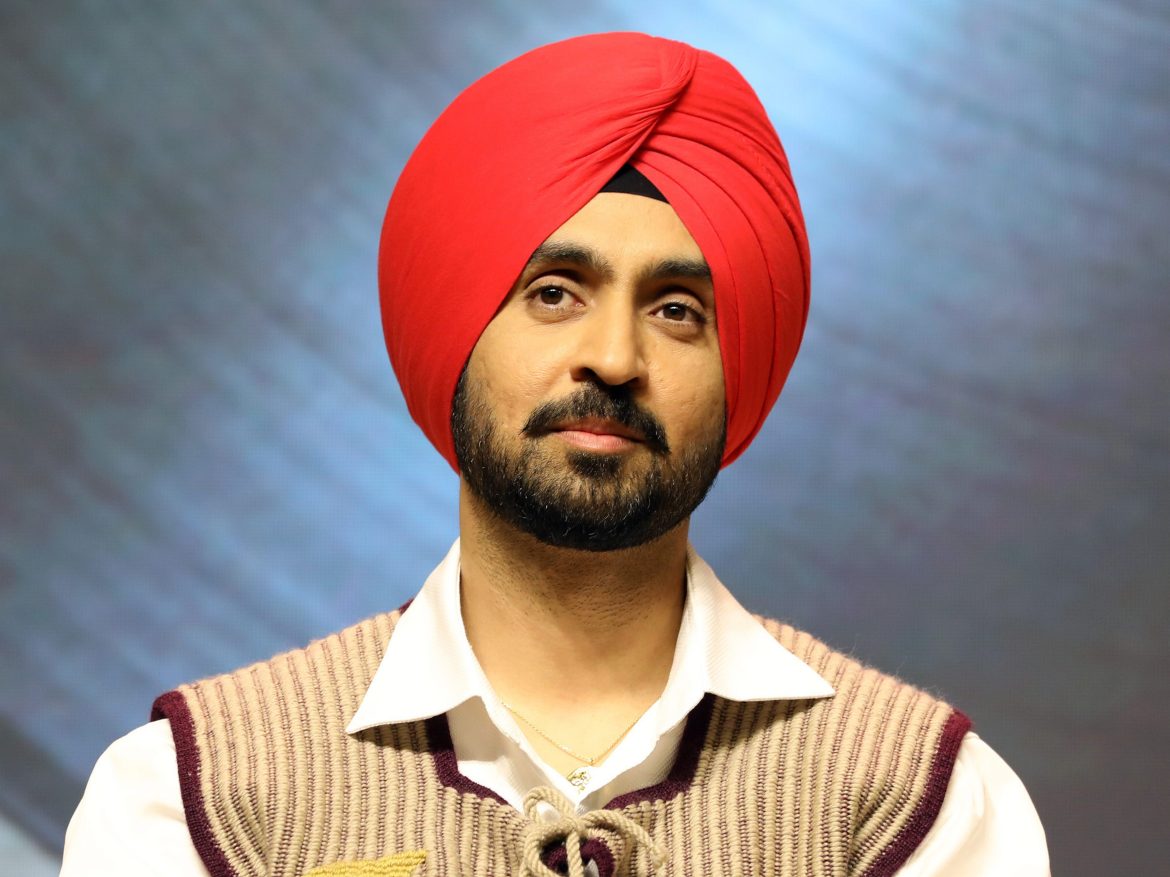A Global Star Speaks Out
Indian Punjabi singer, actor, and film producer Diljit Dosanjh has launched a strong critique of Indian media and government authorities, accusing them of hypocrisy and double standards in their treatment of artists.
Speaking during a live concert, Dosanjh — who has gained international recognition through his music and film career — questioned why creative work is repeatedly targeted during times of political tension. His comments have sparked a new debate about the relationship between culture, politics, and national identity in South Asia.
The “Sardaar Ji 3” Controversy
Dosanjh revealed that his film Sardaar Ji 3 had been shot well before tensions escalated between India and Pakistan. However, after political relations deteriorated, the film became a target. He noted that criticism directed at him and the project was misplaced, since the storyline had no connection with regional disputes.
The film features Pakistani actress Hania Aamir in a key role. This cross-border collaboration led Indian distributors to withhold its release in India, despite the movie finding significant success in Pakistan and other international markets. In Pakistan, Sardaar Ji 3 was warmly received, and Dosanjh gained immense appreciation from Pakistani fans.
Questioning Cultural Restrictions
During his address, the singer raised a pointed question: if India and Pakistan can face each other on a cricket field, why are artists banned from working together? He said such inconsistent policies make him reflect deeply on the role of art and culture.
Dosanjh highlighted how cultural collaborations often fall victim to political hostilities, while sporting ties are permitted to continue. His comments underscore a broader frustration among South Asian artists, who frequently find their work entangled in diplomatic disputes.
Choosing Silence Amid Criticism
Although he admitted that he could have responded to every allegation, Dosanjh said he chose silence at the time. “I am Punjabi, and I have always stood with my country, India. I can never even think of going against it,” he explained. His remarks sought to clarify his loyalty while maintaining his critique of the selective restrictions placed on artists.
Popularity Beyond Borders
Despite the challenges, Dosanjh’s popularity continues to transcend national boundaries. His music and films have attracted fans not only in India and Pakistan but also across North America, Europe, and the Middle East.
In recent years, he has performed to sold-out crowds in Canada, the United States, and the United Kingdom. In 2023, Dosanjh became the first Punjabi artist to perform at the prestigious Coachella music festival in California, cementing his status as a truly global star.
His ability to bridge cultures through art, despite political friction, reflects the broader appeal of Punjabi music worldwide.
Art as a Bridge in Troubled Times
Dosanjh’s statements resonate with many who believe that music and film should remain independent of political disputes. Fans argue that art has the power to bring people together when politics pushes them apart.
The continuing affection he receives from audiences on both sides of the India-Pakistan border demonstrates this. Despite decades of hostility between the two countries, cultural connections often endure — whether through music, cinema, or shared traditions.
A Wider Debate in India
Dosanjh’s comments add to an ongoing discussion in India about the treatment of artists who collaborate internationally, particularly with Pakistani counterparts. In recent years, several films and musical projects featuring Pakistani talent have faced bans or protests, even as Indian cricket teams continue to play Pakistan on global stages.
His intervention could reignite the conversation about whether such restrictions serve national interests or only limit creative expression.
Conclusion
By calling out what he described as hypocrisy, Diljit Dosanjh has once again highlighted the fragile space in which South Asian artists operate. His appeal is not just for himself, but for the broader principle that art and culture should remain bridges, not battlegrounds, in times of political tension.
As his career shows, music and cinema can transcend borders — and fans, regardless of nationality, continue to celebrate the universal language of art.















